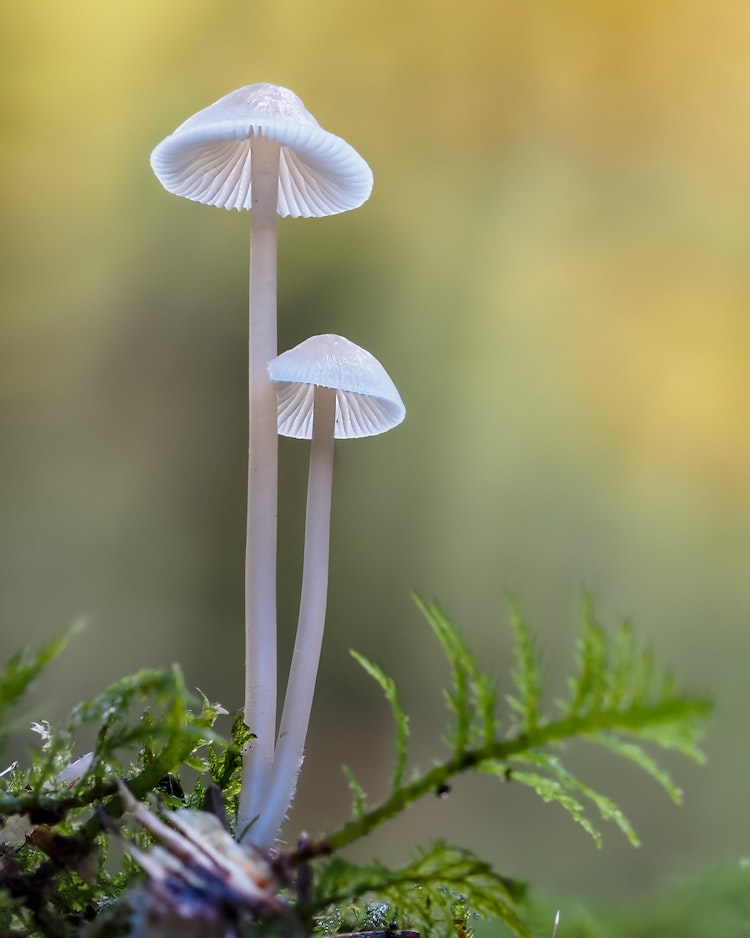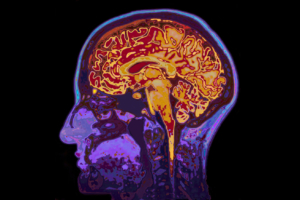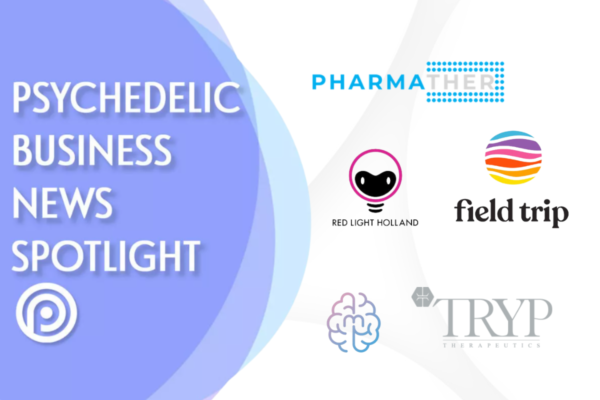
Over the past few years, people have testified to the enriching effects of ‘microdosing’. The practice of taking tiny amounts of psychedelic substances has exponentially risen, and is being used for a variety of reasons. Silicon Valley entrepreneurs are microdosing to boost their creativity and productivity, while mums and dads are doing it to quell anxiety and sharpen their parenting skills.
But while the anecdotal evidence is mounting, researchers remain cautious about the effects of microdosing. Studies investigating the practice are scarce. This begs the question: is microdosing the real deal, or are we seeing placebo effects?
The Power of Placebo
It’s important to keep placebo effects in mind when conducting research. The placebo response happens when your mind convinces your body that a treatment is effective. Put simply, the belief that you have received treatment can sometimes be as effective as treating the issue.
To give an example, telling a participant they are receiving antidepressants, when they are simply receiving an inactive sugar pill, can reduce symptoms of depression. This reduction is significantly more than when participants are (truthfully) told they are receiving a placebo.
You can also make the placebo response more powerful; giving two sugar pills instead of one will yield a stronger effect, and giving a placebo injection will enhance the placebo effect even further than pills. Essentially, manipulating a person’s expectations about the treatments will strengthen the power of placebo. The more that the participant expects the treatment to work (an injection feels like a more radical intervention than receiving a pill), the stronger the placebo response.
Researchers have therefore called into question the apparent effects of microdosing. The public’s perception and the illicit nature of psychedelics makes microdosing seem like a radical treatment. Couple this with the increasing amount of attention from the media, there’s no wonder that some people have wild expectations about its enduring effects. Which may mean that there is a significant placebo response at play.

Are Expectations Responsible?
A new study investigated these potential placebo effects. Laura Kaertner and colleagues at the Psychedelic Research Centre in Imperial College London gathered information online from 81 volunteers who intended to microdose a psychedelic, such as LSD or psilocybin, over a four-week period. The researchers measured scores of wellbeing, depression, and anxiety at five time-points: at baseline (before starting to microdose), and every week throughout the four-week period.
Crucially, the researchers also measured the participants’ expectations of their upcoming schedule. Volunteers were asked questions such as, “By the end of the experience, how much improvement of your overall well-being do you think will occur?”, and had to give answers on a scale of 100. As no volunteers took a placebo in this study, measuring these expectations allowed the researchers to see if the belief in the positive effects would influence any positive changes in the volunteers.
Throughout the microdosing protocol, wellbeing steadily increased, while symptoms of anxiety and depression dissipated. While these positive changes were dramatic, the researchers also confirmed that the participants’ expectations were significantly associated with these positive changes. That is, the higher the participant’s expectation of the microdosing protocol actually working, the larger the positive change in well-being, depression, and anxiety.
The Future for Microdosing?
The findings of the study – that expectations may be responsible for microdosing’s positive effects – are compelling for psychedelic science. But there are still some crucial limitations to bear in mind.
Firstly, there may be an issue with the unstandardised potency and class of psychedelics that volunteers microdosed with. The researchers had no control over what type of psychedelic the participants’ used, how strong they were, or where they were sourced. Because of this, we can not apply these findings to one psychedelic used for microdosing.
Secondly, due to the nature of gathering information online, the study didn’t include an actual placebo group. This lack of a control group makes it more difficult for researchers to truly conclude that the effects of microdosing are due to placebo. To test this, researchers need to compare the effects of a microdose vs. the effects of a placebo in a lab-controlled experiment.
This echoes an important point for psychedelic science – more research is crucial. Setting up replicated studies with bigger sample sizes will allow researchers to be more certain about their conclusions. This can help temper the public’s perception of microdosing, and psychedelics in general.
So, from this study, are we certain that the effects of microdosing are a placebo response? No. But the results of the study indicates that we should be more cautious in drawing such strong conclusions about its effects. After all, psychedelics are indeed powerful, and potentially life-changing, but, even in large doses, they are not a magic bullet.





